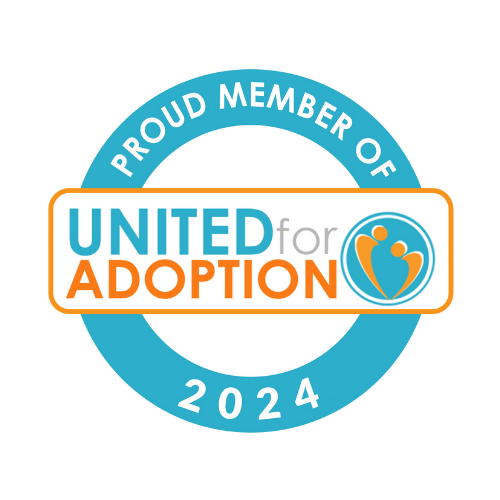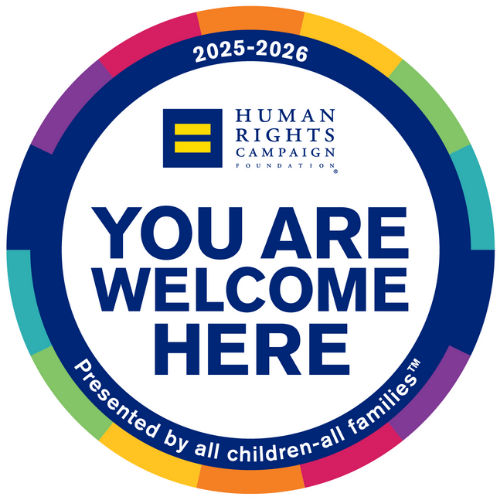Every child in foster care has endured trauma, sometimes prolonged or repeated. It begins with the abuse or neglect, followed by an interview by child protective service or law enforcement, being taken away from their home and everything they are familiar with, and then, they are placed with a new caregiver whom they have never met.
When children are placed with families that are similar to their own culturally and ethnically, it helps to reduce that trauma. Familiar language, traditions, foods, clothing, et cetera, each make a difference in how a child experiences foster care.
A diverse group of foster and adoptive families are needed to match the diversity of children in foster care. Families of every race, culture, and ethnicity. Families willing to care for children of all different ages, some with siblings and some without.
Having a diverse pool of families allows the State to match children with families best suited to meet those children’s needs.
Do you know Spanish-speaking families that would make wonderful homes for children in foster care? Please direct them to our Spanish-language page!






